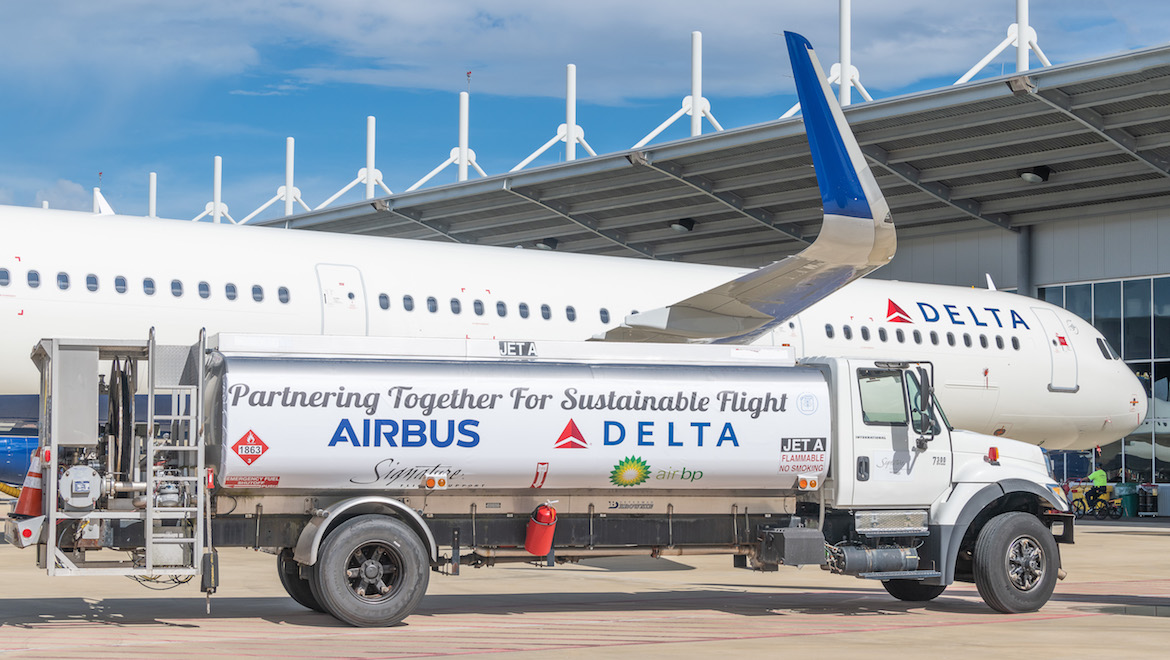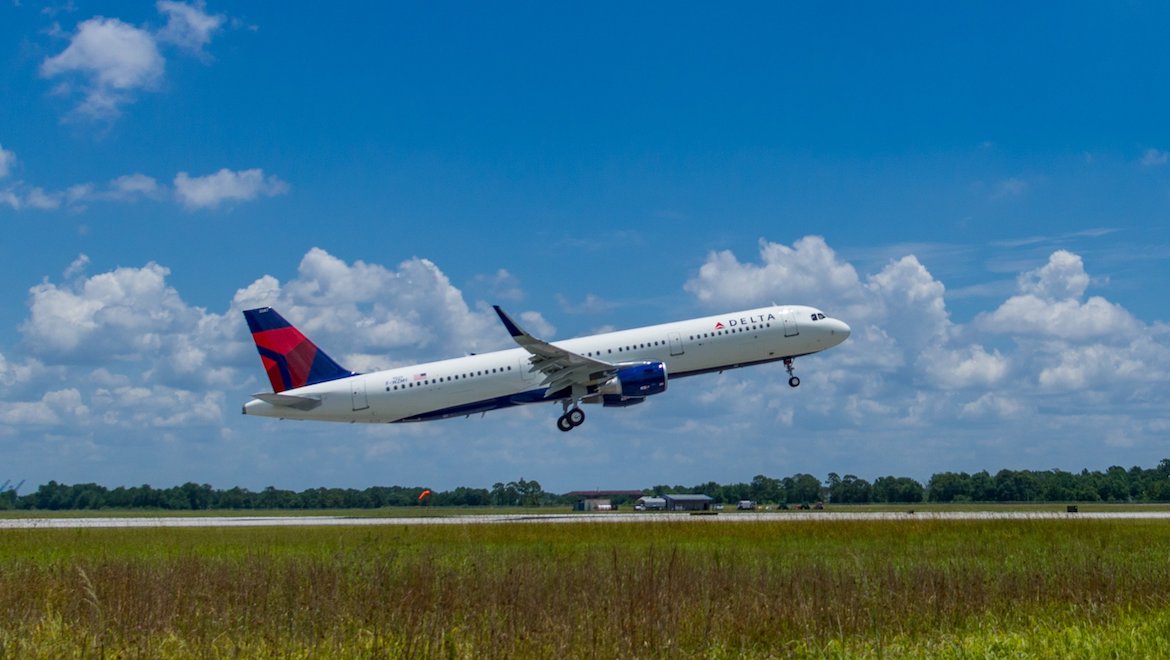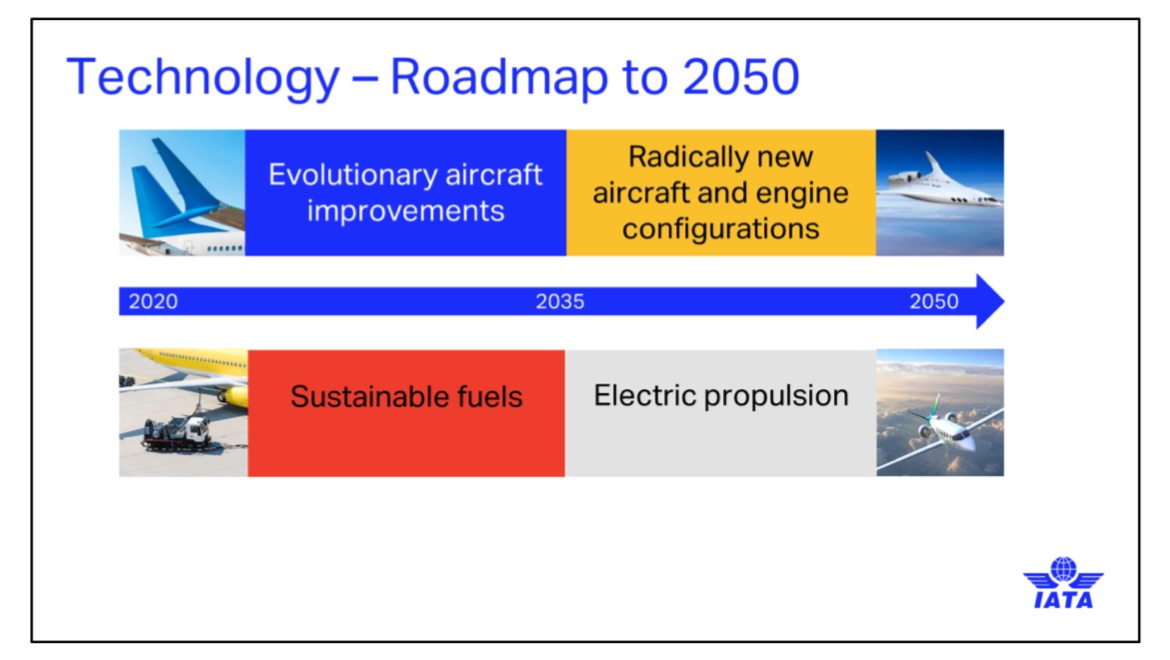
Delta Air Lines says the delivery flights for 20 new aircraft it will receive from Airbus’s final assembly line at Mobile, Alabama will be carbon neutral using biofuels and carbon offsets to reduce net emissions to zero.
The flight was made on July 12, with the delivery of an A321 from Mobile to Kansas City. It was Delta Air Lines’ first ever carbon-neutral flight.
The Virgin Australia alliance partner said the start of carbon-neutral flights was a significant step towards its goal of cutting carbon emissions in half by 2050 and in line with the industry’s broader trend to commit to climate-friendly objectives.
Delta managing director for the global environment, sustainability and compliance Alison Lathrop said the flight marked a milestone on the journey to the 50 per cent reduction target.
“We are excited to partner with Air BP and Airbus to power these delivery Flights with biofuels and carbon offsets, and will explore opportunities to bring this level of sustainability to all delivery flights going forward,” Lathrop said in a statement on July 12.

Air BP has partnered with Delta to supply biofuels for the 20 delivery flights from Mobile. The biofuels were manufactured and refined using sustainable sources and processes, Delta said.
Final induction work will be done on the aircraft in Kansas City before it moves into service in Delta’s domestic routes.
Airbus head of aircraft operations for environmental affairs Simone Rauer said the aircraft manufacturer was committed to being part of the solution for meeting aviation’s global carbon dioxide emissions reduction targets.
“Contributing to a lasting decrease of our industry’s carbon footprint is key to ensuring a sustainable future for aviation,” Rauer said.
The International Air Transport Association (IATA) has adopted a three-target, four pillar strategy to address climate change.
The three targets are fuel efficiency improvements averaging 1.5 per cent per year from 2009 to 2020, a cap on net carbon dioxide emissions from aviation from 2020, and a 50 per cent reduction in net emissions relative to 2005 levels by 2050.
The four pillars were improved technology, more efficient operations, better infrastructure including traffic management, and a single global market-based measure to fill the remaining emissions gap.
The measure proposed in 2016, the Carbon Offsetting and Reduction Scheme for International Aviation (CORSIA), lays out the guidelines for the use of offsets or carbon markets to achieve reduction targets.
As well as its efforts to reduce greenhouse gas emissions, Delta is taking steps to reduce waste by other measures including the recycling of aluminium cans, plastic bottles and cups, and paper magazines and newspapers. This has resulted in more than 3 million pounds (1.4 million kg) of aluminium recycled from onboard waste.
Delta also said it was cutting some single-use plastic items such as straws and utensils from its flights, which would mean 300,000 pounds (140,000 kg) less plastic going into landfill every year.
Figures from IATA presented at its recent annual general meeting in Seoul showed CORSIA was forecast to mitigate about 2.5 billion tonnes of CO2 between 2021 and 2035. The figure represented an annual average of 164 million tonnes of CO2.
Further, CORSIA was also expected to generate investment in climate projects of at least USD40 billion.





